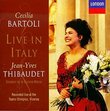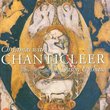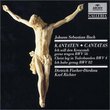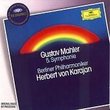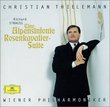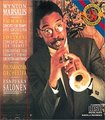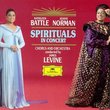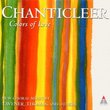| All Artists: Gyorgy Kurtag, Franz [Vienna] Schubert, Spoken Word, Jonathan Biss Title: Schubert: Piano Sonata in A major D959; Piano Sonata in C major 'Reliquie' D840 Members Wishing: 0 Total Copies: 0 Label: Wigmore Hall Live Original Release Date: 1/1/2009 Re-Release Date: 10/13/2009 Genres: Special Interest, Classical Styles: Historical Periods, Classical (c.1770-1830) Number of Discs: 1 SwapaCD Credits: 1 UPC: 5065000924331 |
Search - Gyorgy Kurtag, Franz [Vienna] Schubert, Spoken Word :: Schubert: Piano Sonata in A major D959; Piano Sonata in C major 'Reliquie' D840
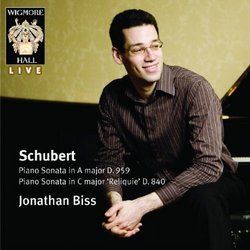 | Gyorgy Kurtag, Franz [Vienna] Schubert, Spoken Word Schubert: Piano Sonata in A major D959; Piano Sonata in C major 'Reliquie' D840 Genres: Special Interest, Classical
|
Larger Image |
CD DetailsSimilarly Requested CDs |
Member CD ReviewsReviewed on 10/15/2009... Excellent recital disc from rising young pianist Jonathan Biss (son of violinist Miriam Fried). He performs Schubert's Piano Sonatas in C Major, D. 840, "Reliquie," and the A Major, D. 959, along with Gyorgy Kurtag's "Hommage a Schubert."
CD ReviewsInspiring Schubert from a young American Santa Fe Listener | Santa Fe, NM USA | 10/13/2009 (5 out of 5 stars) "Jonathan Biss has been impressive in his three early CDs from EMI, and here he is again, an American in London, in a solo recital from Wigmore Hall. The program consists of two masterpieces by Schubert and a musical commentary from the avant-garde Hungarian composer Gyorgy Kurtag. First comes the unfinished sonata D. 840, the "Relique" -- a poetic way to refer to its two surviving movements. Biss is refreshingly direct in this tricky music, particularly the first movement, which seems to bring out opposite characteristics from performers. Where Uchida is nuanced to the point of mannerism, Richter is blunt and fierce. Biss emphasizes the momentum of the line and finds a joyous tone of voice throughout the first movement. Kempff was equally unfussy but, for me, too offhand. Biss doesn't clang on the repeated staccato chords that Richter plays explosively, and I'm grateful for that. But when he comes to the Andante second movement, there's no dramatic contrast of the kind Richter was such a master of. The music proceeds with just the same sunny temperament as the first movement. I'm happy with that approach, but other listeners may prefer Sturm und Drang.
The great posthumous sonata in A major, D. 959, is more accessible for young pianists, I think. Brendel made an early success of it, and compared to the enigmatic "Relique," this work can move from sun to shade to suit any really musical performer's personality. Serkin played it almost brusquely, like Beethoven in its dynamism; Brendel is drier; Pollini combines virtuosic dazzle with controlled romantic fervor. It's astonishing that such apparently simple harmonies contain a wealth of implications, but that's the beauty of Schubert's idiom. Biss provides a strong line and urgent momentum, reminding me of the young Brendel. But he's less brittle, more apt to pause for touches of tenderness. The only flaw might be Biss's soft-grained approach, which also leads to slower pacing and less sparkle than is ideal -- Perahia in his 2003 recording feels more strong-minded. The live sound form Wigmore is as good as studio quality, and the piano is a pleasing instrument. Biss's tempos are not eccentric but remain on the quicker side in every movement. I won't go so far as to say that we hear a definite pianistic personality yet, but Biss's instincts are so sure that he sounds satisfying throughout. In all, one of the most delightful Schubert recordings in recent years. Kurtag's Hommage a Schubert is a two-minute encore that filter's a Schubertian melodic fragment -- I don't recognize where it comes from -- through a gentle, post-Debussy prism." |

 Track Listings (8) - Disc #1
Track Listings (8) - Disc #1